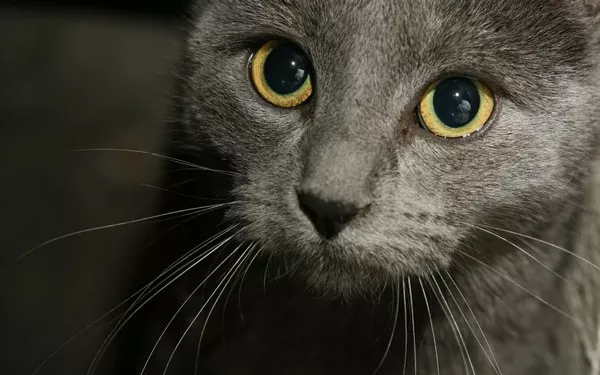Welcoming a kitten into your home is a heartwarming experience, and ensuring their optimal health and nutrition is a top priority. This comprehensive guide delves into the crucial aspects of feeding your kitten, covering considerations such as portion sizes, feeding frequency, and the best types of food to support their growth and well-being.
Understanding Kitten Nutritional Needs:
Essential Nutrients:
Kittens, like human babies, require a balanced and nutritious diet for proper growth and development.
Essential nutrients include proteins, fats, carbohydrates, vitamins, and minerals, all of which play vital roles in supporting a kitten’s overall health.
Protein Requirements:
Protein is a cornerstone of a kitten’s diet, crucial for muscle development and overall growth.
Look for high-quality protein sources in kitten food, such as poultry, fish, or meat by-products, to meet their specific nutritional needs.
Essential Fatty Acids:
Omega-3 and omega-6 fatty acids contribute to healthy skin, a shiny coat, and cognitive development in kittens.
Opt for kitten food that includes sources of these essential fatty acids, such as fish oil or flaxseed.
Vitamins and Minerals:
Adequate levels of vitamins and minerals, including calcium and phosphorus, are essential for bone development in growing kittens.
Balanced commercial kitten food formulations typically address these requirements.
How Much to Feed Your Kitten:
Age-Based Guidelines:
Kittens go through different growth stages, each with unique nutritional requirements.
Follow age-based feeding guidelines on commercial kitten food labels or consult your veterinarian for personalized recommendations.
Portion Control:
Avoid overfeeding or underfeeding by carefully measuring portions according to your kitten’s weight, age, and activity level.
Adjust portion sizes as your kitten grows to accommodate their changing nutritional needs.
Feeding Frequency:
Kittens require more frequent meals than adult cats due to their smaller stomachs and higher energy expenditure.
Feed kittens aged 8-12 weeks four times a day, gradually reducing to three meals a day for those aged 12-24 weeks.
Choosing the Best Food for Your Kitten:
Commercial Kitten Food:
Specially formulated kitten food is designed to meet the unique nutritional needs of growing cats.
Opt for reputable brands that adhere to industry standards and use high-quality ingredients.
Wet vs. Dry Food:
Both wet and dry kitten food options have their advantages.
Wet food aids in hydration and is often more palatable, while dry food supports dental health through chewing.
Homemade Diets:
Consult your veterinarian before considering a homemade diet to ensure it meets your kitten’s nutritional requirements.
Homemade diets require careful planning to avoid nutrient deficiencies or excesses.
Transitioning to Adult Food:
Gradually transition your kitten to adult cat food around the age of one year.
Follow your veterinarian’s guidance to ensure a smooth shift without compromising their health.
Special Considerations for Feeding Kittens:
Orphaned or Hand-Reared Kittens:
Orphaned or hand-reared kittens may require specialized formulas, such as kitten milk replacers.
Consult your veterinarian for guidance on proper feeding techniques and formulas.
Medical Conditions:
Kittens with medical conditions may have specific dietary needs.
Work closely with your veterinarian to develop a tailored nutrition plan if your kitten has health concerns.
Hydration Importance:
Ensure your kitten stays adequately hydrated by providing fresh water at all times.
Wet food contributes to overall hydration, especially in kittens prone to urinary issues.
Avoiding Harmful Foods:
Certain human foods, such as chocolate, caffeine, and alcohol, can be toxic to kittens.
Educate yourself on foods to avoid and keep these items out of your kitten’s reach.
See Also: How Much to Feed a Kitten
Conclusion:
Feeding your kitten is a fundamental aspect of responsible pet ownership, influencing their growth, health, and overall well-being. By understanding their nutritional needs, portion control, and the best food options available, you contribute to the foundation of a happy and healthy life for your feline friend. Regular veterinary check-ups and a keen awareness of your kitten’s individual requirements will guide you in providing the optimal nourishment they need to thrive as they transform from playful furballs into graceful and contented adult cats.



























